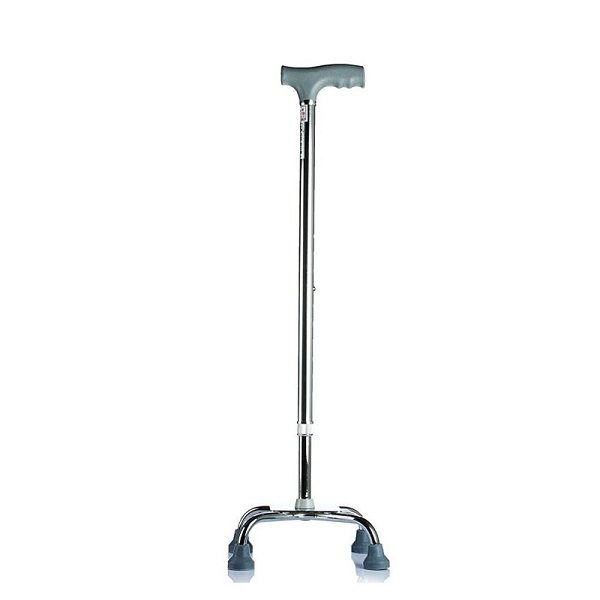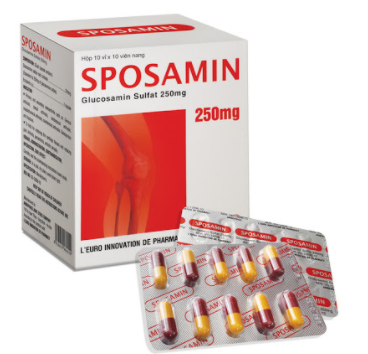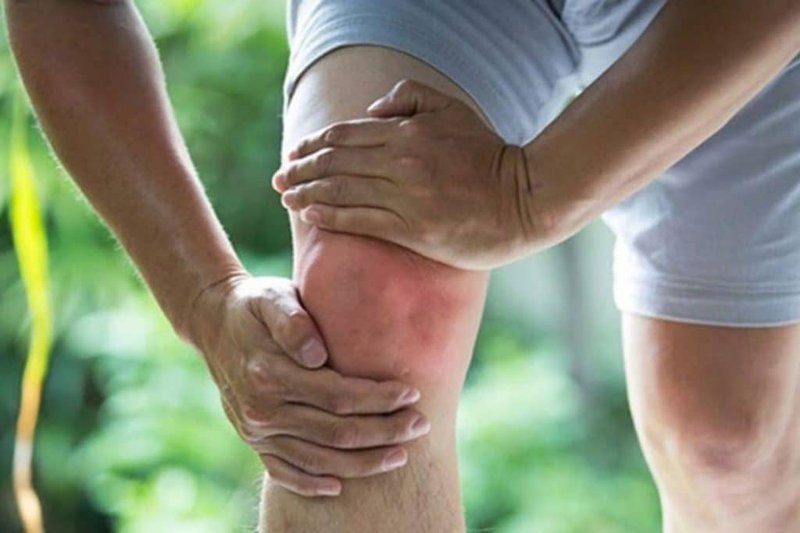Instructions for use Aceclofenac
This is an automatically translated article.
Aceclofenac 100mg is a non-steroidal anti-inflammatory drug (NSAID). With analgesic and anti-inflammatory properties, Aceclofenac 100 is used in the symptomatic treatment of rheumatoid arthritis, ankylosing spondylitis.
1. Effects of the drug Aceclofenac
Aceclofenac 100mg drug belongs to the group of non-steroidal anti-inflammatory drugs, the main ingredient is Aceclofenac 100mg. This active ingredient has analgesic and anti-inflammatory properties by inhibiting the synthesis of prostaglandins - unsaturated fatty acids located in tissues, prostaglandins act as a chemical mediator involved in inflammation and pain perception. . Aceclofenac 100mg is prepared in the form of film-coated tablets and is used to relieve pain and inflammation in osteoarthritis diseases such as rheumatoid arthritis, ankylosing spondylitis.
2. Dosage and how to use Aceclofenac
Aceclofenac 100 mg is taken orally, take one tablet whole with water, it should be taken with a meal or after a meal.
Dosage of Aceclofenac 100mg as follows:
Adults: 1 tablet of aceclofenac 100 mg / time, 2 times / day in the morning and evening; Elderly: No need to adjust the dose in the elderly, take the same dose as adults 1 tablet / time and 2 times / day; People with liver failure: The initial dose is 1 tablet/time/day. Aceclofenac 100 mg overdose can cause symptoms such as epigastric pain, nausea, vomiting, gastrointestinal irritation (but rarely diarrhea), gastrointestinal bleeding, headache, drowsiness. , agitation, disorientation, coma, dizziness, fainting, convulsions, tinnitus, respiratory failure, hypotension, even acute renal failure, liver damage in case of severe drug poisoning.
When overdose of Aceclofenac 100 mg, the patient should be treated symptomatically. Within 1 hour of taking the drug, it is necessary to use activated charcoal or gastric lavage.
3. Side effects of Aceclofenac Drugs Aceclofenac 100 can cause some unwanted side effects with the following frequency:
Common: Dizziness, abdominal pain, nausea, indigestion, diarrhea, increased liver enzymes ; Uncommon: Vomiting, flatulence, constipation, mouth ulcers, gastritis, rash, urticaria, pruritus, dermatitis, increased creatinine and blood urea nitrogen; Rare: Anemia, hypersensitivity reactions, anaphylaxis, visual disturbances, dyspnea, black stools, facial edema. 4. Some notes when taking Aceclofenac Do not use Aceclofenac 100 in people with hypersensitivity to the ingredients of the drug, people with a history or suspicion of peptic ulcer, gastrointestinal bleeding, people with moderate renal impairment and heavy; Elderly people have a higher risk of peptic ulcer perforation, gastrointestinal bleeding, vomiting or bloody stools while taking Aceclofenac 100 if there is a medical history or with or without warning signs; People with severe liver failure taking Aceclofenac 100 must be closely monitored by medicine; People with mild kidney failure, heart failure, elderly people when taking Aceclofenac 100 should be carefully monitored and monitored because the drug can cause kidney failure, the drug should be used at the lowest dose and kidney function must be regularly monitored. often; People with porphyrin metabolism disorders in the liver taking Aceclofenac 100 can trigger the disease; People with a history of hypertension, heart failure should be careful when using Aceclofenac 100 because it may increase the risk of edema; Women who intend to become pregnant should not take Aceclofenac 100mg because it reduces fertility. Women who are being treated for infertility or have difficulty conceiving should stop taking the drug. Pregnant women should only take the drug if the therapeutic benefit is greater; Lactating women should consider the use of Aceclofenac 100 because it can be excreted in breast milk (low concentrations); People with a history of or are suffering from bronchial asthma should be cautious when using Aceclofenac 100 because the drug causes bronchospasm; Limit activities that require alertness such as driving, operating machinery while taking Aceclofenac 100 because the drug causes drowsiness, visual disturbances, fatigue, dizziness; Aceclofenac 100 may interact with other drugs such as: increasing the risk of side effects if two or more non-steroidal anti-inflammatory drugs are used concurrently; reduce the effect of antihypertensive drugs; increased risk of nephrotoxicity with diuretics, immunosuppressants; worsen heart failure, reduce glomerular filtration rate when taking drugs to treat congestive heart failure; reduced lithium excretion; increased levels of methotrexate; reduced effect of mifepristone; increased risk of ulcers, gastrointestinal bleeding when taking corticosteroids; increase the effect of anticoagulants; increased risk of convulsions if Aceclofenac 100 is taken with quinolone antibiotics; increased risk of gastrointestinal bleeding with antiplatelet agents and selective serotonin reuptake inhibitors; increased blood toxicity with zidovudine; increased risk of side effects and gastrointestinal bleeding if used with other nonsteroidal anti-inflammatory drugs; It is necessary to adjust the dose of antidiabetic drugs when taking Aceclofenac 100. Aceclofenac 100 mg can interact with many other medications. Therefore, it is important to inform your doctor of all medications you are taking, including prescription and non-prescription drugs, herbs and supplements.
Please dial HOTLINE for more information or register for an appointment HERE. Download MyVinmec app to make appointments faster and to manage your bookings easily.
This article is written for readers from Sài Gòn, Hà Nội, Hồ Chí Minh, Phú Quốc, Nha Trang, Hạ Long, Hải Phòng, Đà Nẵng.





